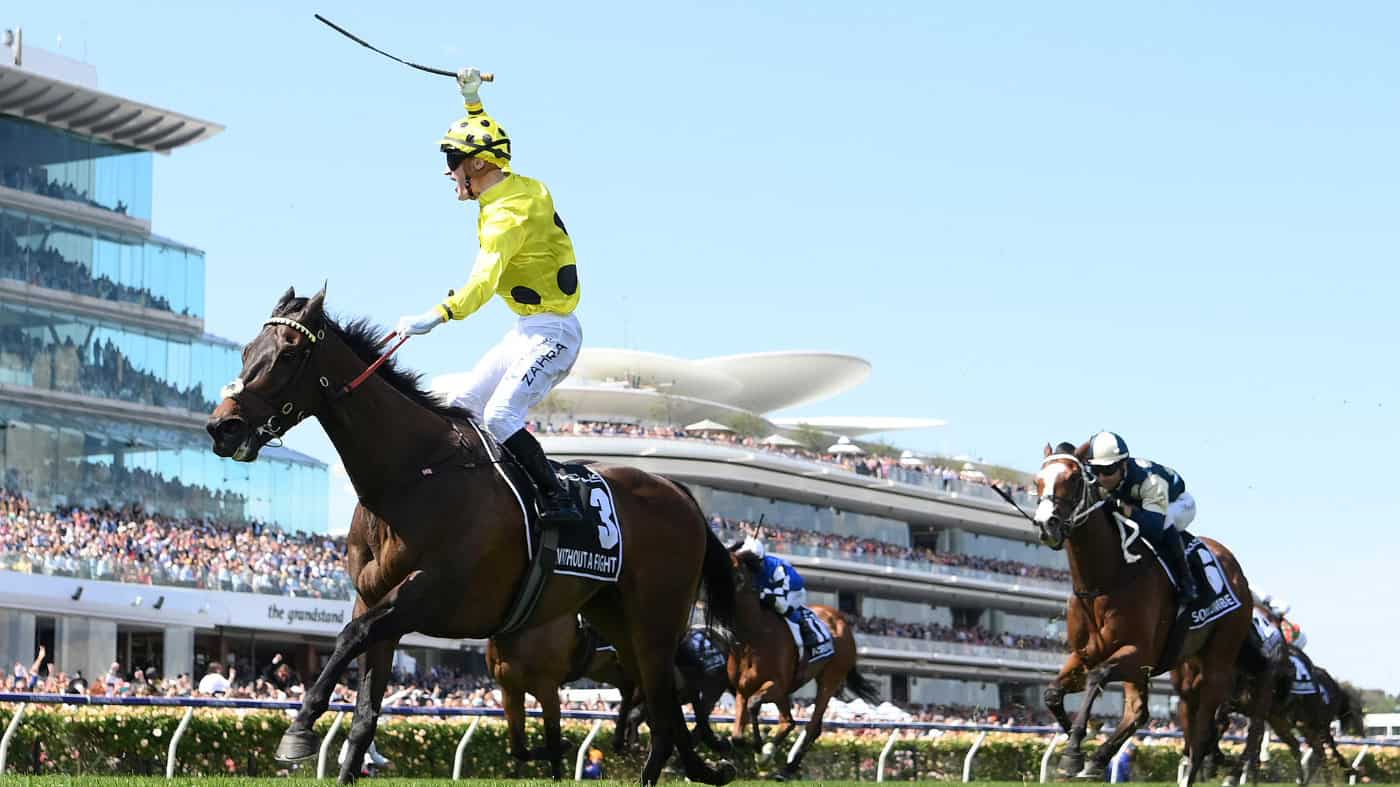The question that stops the nation: Should we still race horses?

- by Admin
- November 4, 2024

As warmer spring weather rolls in, it also brings on a major series of events to the country’s sporting calendar, raising the question: Should we still be racing horses?
In Victoria, the start of November marks the Melbourne Spring Racing Carnival and, most notably, the Melbourne Cup.
While horse racing is a year-wide event, the Melbourne Cup inevitably spotlights the increasingly contentious issue of whether we should be racing horses at all.
This Melbourne Cup Day, The Briefing presents both sides of the debate so you can make up your mind.
Helen Smith is joined by Katherine Coleman, assistant trainer at Moody Racing, and MP Georgie Purcell, Australian politician and member of the Animal Justice Party, to ask what they both want you to know about the horse racing industry in Australia today.
Listen to the debate between a racehorse trainer and MP Georgie Purcell here:
Both Coleman and Purcell said the respective decisions to either race a horse or to stop the sport completely ultimately lie in the animals themselves.
Coleman said that having worked with horses firsthand, she can see they “love” and “enjoy” racing.
“If they stop enjoying it in each individual horse’s case, then that’s often when they’re retired,” Coleman said.
“If they lose the will to win and don’t want to do it, and they’re not giving you 110 per cent on the racetrack, they won’t be successful.
“And from that point, they go on to find other roles in life, whether that’s through the equestrian pathways, pony club, showing, or being someone’s best friend and going trail riding every day.”
Meanwhile, Purcell noted racing presents the “most visible display of animal cruelty” and how it is exempt from specific animal welfare laws.
“The whip is accepted, even celebrated. If I went and whipped my horse in my back paddock right now at the same rate, that would be illegal under our animal welfare laws,” Purcell said.
“But the horse racing industry is exempt from those laws and are governed by codes of practice instead.
“In Victoria, we still continue jumps racing. It has ended in every other state for its cruelty and the fact that it kills horses at a far higher rate than flat racing.
“And then we have the on-track deaths where in the last racing year alone, 151 horses have been killed on Australian racetrack… and when a horse dies in the Melbourne Cup or the Spring Carnival, the racing industry acts as if it’s some freak accident, but we know that it’s actually not.”
You can listen to the whole debate now on The Briefing.
Subscribe to The Briefing, Australia’s fastest-growing news podcast on Listnr today. The Briefing serves up the latest news headlines and a deep dive into a topic affecting you. All in under 20 minutes.
The Latest News
-
November 15, 2024Afghanistan women’s team green-lit for ‘dream’ clash
-
November 15, 2024PXG releases a new club category that’s sure to turn some heads – Australian Golf Digest
-
November 15, 2024This brutal tour-approved game is great for your lag putting – Australian Golf Digest
-
November 15, 2024Jon Gruden tells wild, boozy story of subbing in as John Daly’s caddie at PGA Tour event – Australian Golf Digest
-
November 15, 2024India’s secret session in bid to continue Aussie dominance

